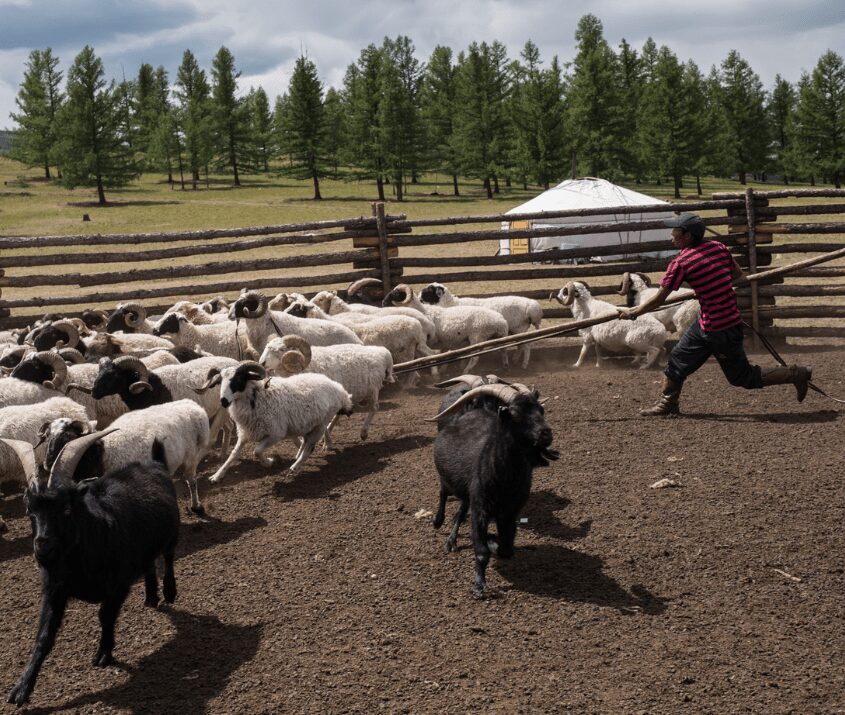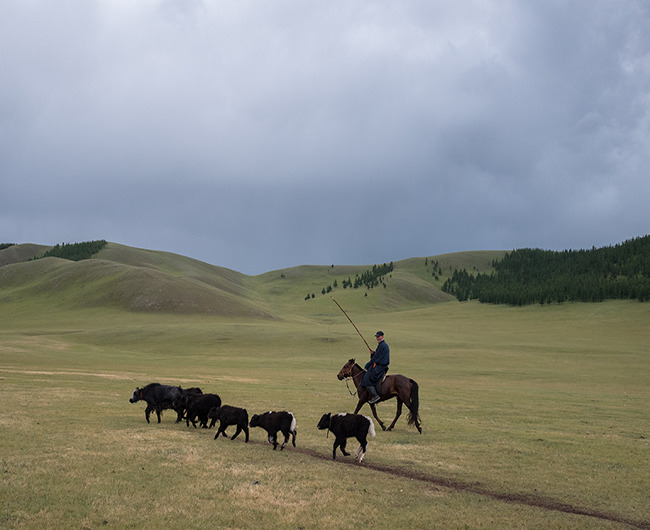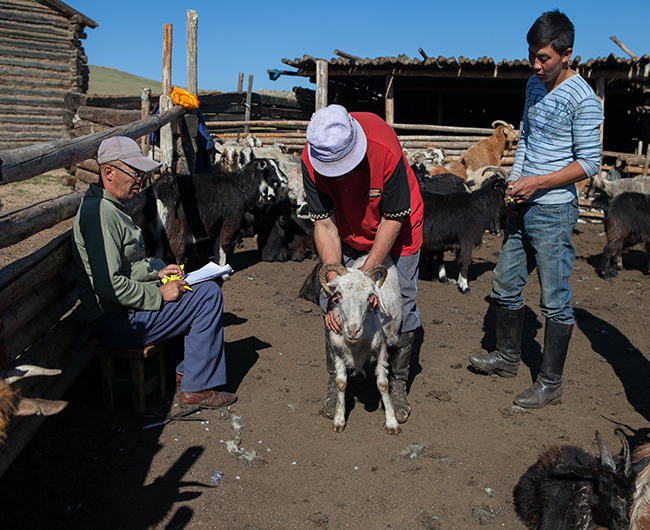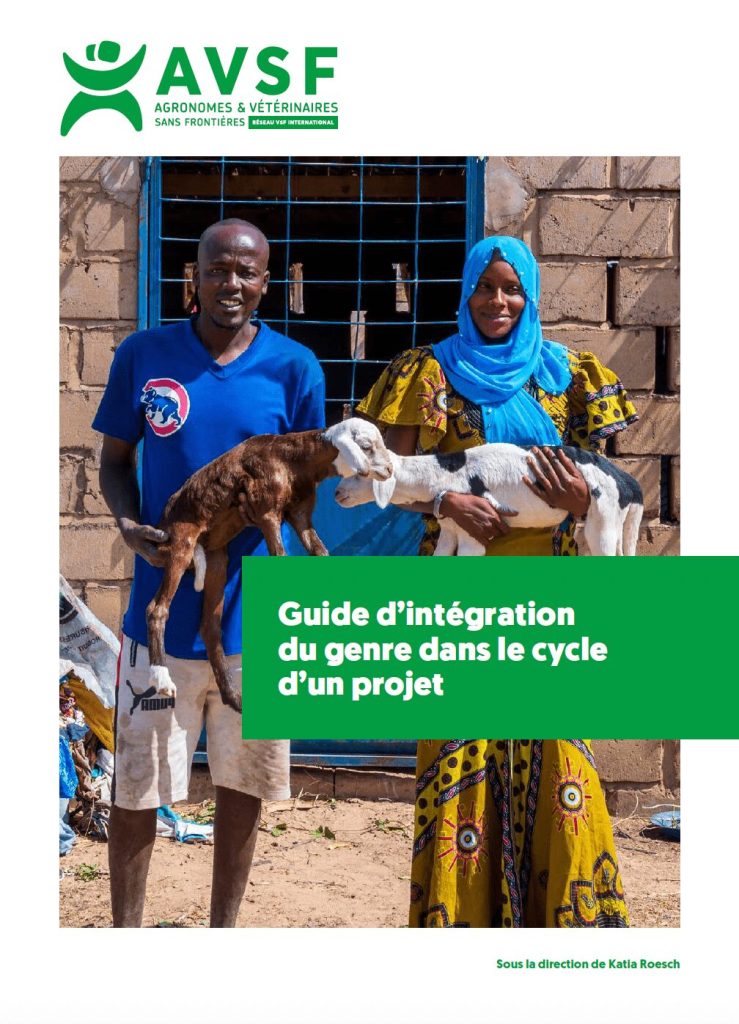Background
Still in transition towards a free market, herders and small-scale farmers have difficulties to adjust their productive systems to create value, preserve their natural resources and altogether secure their livelihoods and resilience. Within this traditional patriarchal agro-pastoral rurality, women’s place and role is fragile and lacks mainstreaming and mentoring schemes to bridge the current gender gap and improve both gender equality and rural economic development locally and at policy level nation-wide.
The projects aim at increasing capacities of organisations involved in livestock and small-scale vegetable production to strengthen women’s participation in local and community decision-making in regards to their economic well-being.
Beneficiaries
Target groups:
– Women members of 50 herders & vegetable farmers’ organizations
– 10 local NGO (producers or service providers)
– Local authorities
Final beneficiaries:
– About 1 200 herders & farmers (50% of women)
– Total population of target areas: 50 000 people
– National policy makers
Main actions
Project ambition is to strengthen rural women’s groups role in agricultural productive systems and towards their representatives, reflecting a two-pronged approach of gender mainstreaming and concrete rural economic development considered as mutually beneficial and better able to leverage change:
– Empowering women in their organizations, who are trained in specific leadership and finance related topics, and exposed to exchange visits to foster peer learning.
– Continuous technical assistance to organic vegetable farming and sustainable cashmere value chains development: participatory natural resources management, reinforcement of producers’ organizations innovative solutions & technologies, and insertion in marketing schemes.
– Creation of women leader’s network to engage dialogue with local authorities for gender conducive advocacy.
– Relying on the case built, conducting a national-level advocacy campaign to influence both policy shapers and general audience.
Expected results
– 80% of women of targeted producers’ organizations are empowered in their role in income generating activities, rural cooperatives and household financial management
– 30 producers’ organizations engage in high potential and agroecological value chains, with active participation of women’s groups
– Women’s groups are empowered in their dialogue capacities with local authorities for mutual support and conducive local policies
– Gender sensitive economic development is mainstreamed towards policy makers









